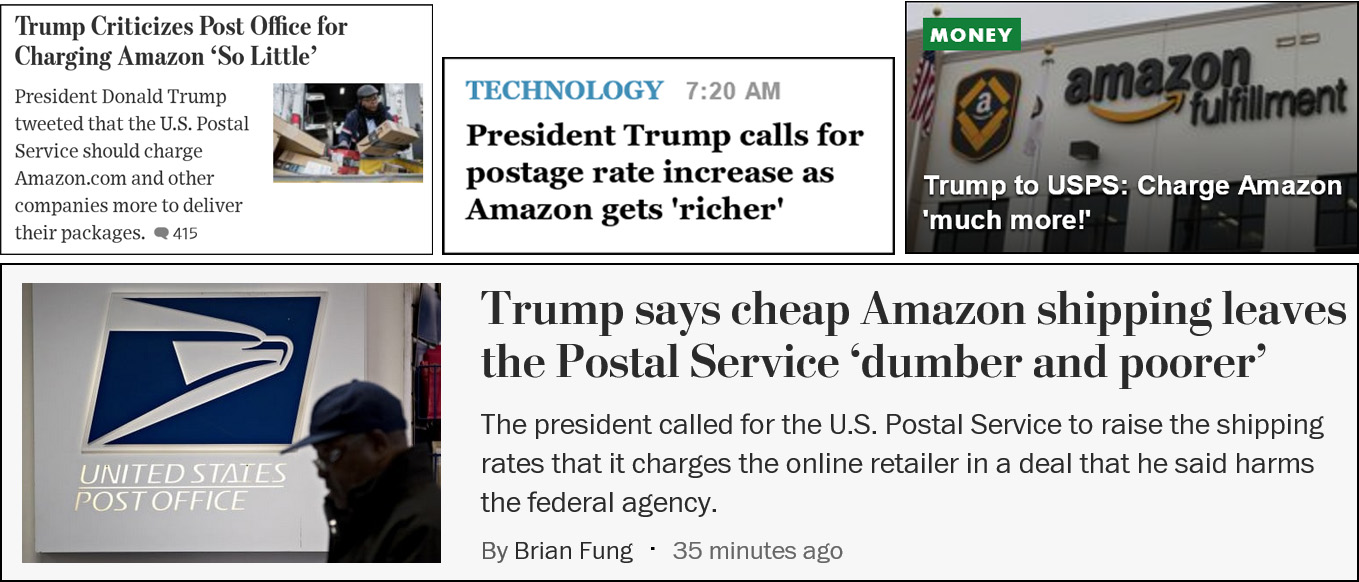

I read the full 35-page dossier thanks to The Guardian. If, on the other hand, a junior backbencher with whom I have had no previous contact had sidled up to me and whispered the same information into my ear, then I sure as hell would have wanted verification.Īre they right? Well, up to a point, although there is a large whiff of “having cake and eating it” (as Britain’s foreign secretary is wont to say) about the legacy media’s treatment of the story. Even if the information comes from a “source”, if that source is reliable and had proved so in the past – for example, Alastair Campbell speaking on behalf of Tony Blair – then that too would require no further verification. If I receive a press release from Downing Street telling me that the prime minister has resigned, I do not need verification to put that story out (as long as I am sure of the provenance of the release). In the past, I have conducted training courses in developing countries with American colleagues and I often used to wince as I heard them say, as if it were an unbreakable rule, that journalists should not publish anything that hadn’t been verified by two independent sources. But alas, it is not as simple as that and, like so much else in journalism, it all comes down to the professional judgement of the individual journalist. Verification is a major issue for journalists the American Press Institute, for example, talks about journalism as a “ discipline of verification”. To verify, or not to verify? That is the question that journalists face on an almost daily basis but the issue of whether media organisations should publish information that isn’t 100% watertight has been brought into sharp relief by the latest stories about Donald Trump and his alleged involvement with Russia.


 0 kommentar(er)
0 kommentar(er)
